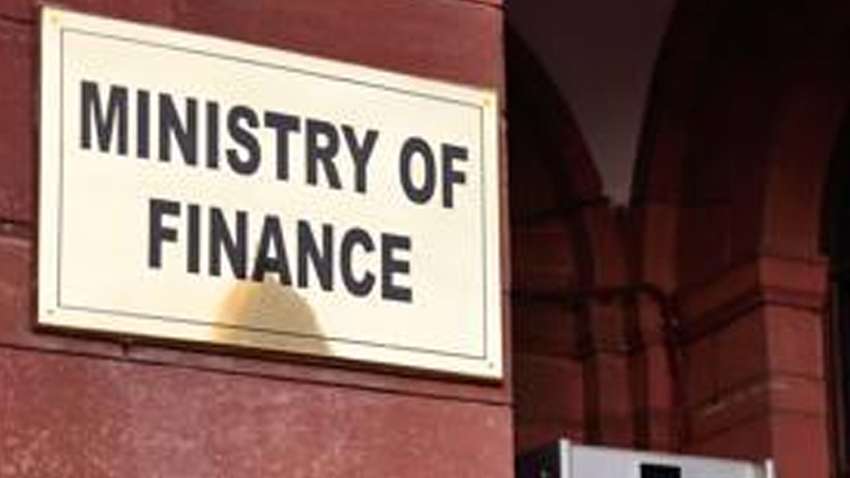New Delhi: India has outperformed developed G-20 partners and peers in terms of growth and inflation control, outperforming most other countries. The latest monthly economic report (MER) released on Saturday by the Finance Ministry warned that the geopolitical scenario could yet worsen and that inflation may rise rather than fall in 2023.
“Halfway into FY2022-23, growth and stability concerns for India are less than that of the world at large. As measured by PMI composite index, economic activity level was higher for India at 56.7 compared to 51.0 for the world during April-Sept 2022,” the September MER said. It added that average retail inflation for India during these six months stood at 7.2 per cent, lower than the world inflation of 8.0 per cent, as represented by the median inflation of major economies.
Even though the rupee reached new lows against the dollar, the MER reported that during the first half of FY23, the currency lost 5.4% of its value versus the greenback, less than the 8.9% loss of six major currencies in the DXY Index.
“Increasing revenue generation has further kept the fiscal deficit until August aligned with its budgeted level, which otherwise could have gone awry with high capital expenditure, higher fertiliser and food subsidies and excise tax cuts to rein in inflation,” the MER said with regards to the centre’s balance sheet.
According to the MER, the contact-based services sector demonstrated significant promise to boost growth by releasing the trapped demand for a significant portion of April through September. The tourism sector has advanced, and strong growth performance has been ably supported by a banking system with enough capital, which has seen an increase in credit disbursement to the retail, industry, and services segments.
The study predicted that once the current external shocks, like as geopolitical tensions and monetary tightening, subside, a long-awaited internal investment cycle that had already begun would accelerate. Corporate and bank balance sheets in India are prepared for it after years of development, and the country’s public digital infrastructure seems well-positioned to deliver on financial access and formalisation for families and smaller companies, it added.
“Global energy prices and supplies remain sources of concern. Geopolitical conflicts may intensify, reigniting supply chain pressures that have eased recently. If so, inflation may see a resurgence rather than a decline in 2023,” the MER stated.













